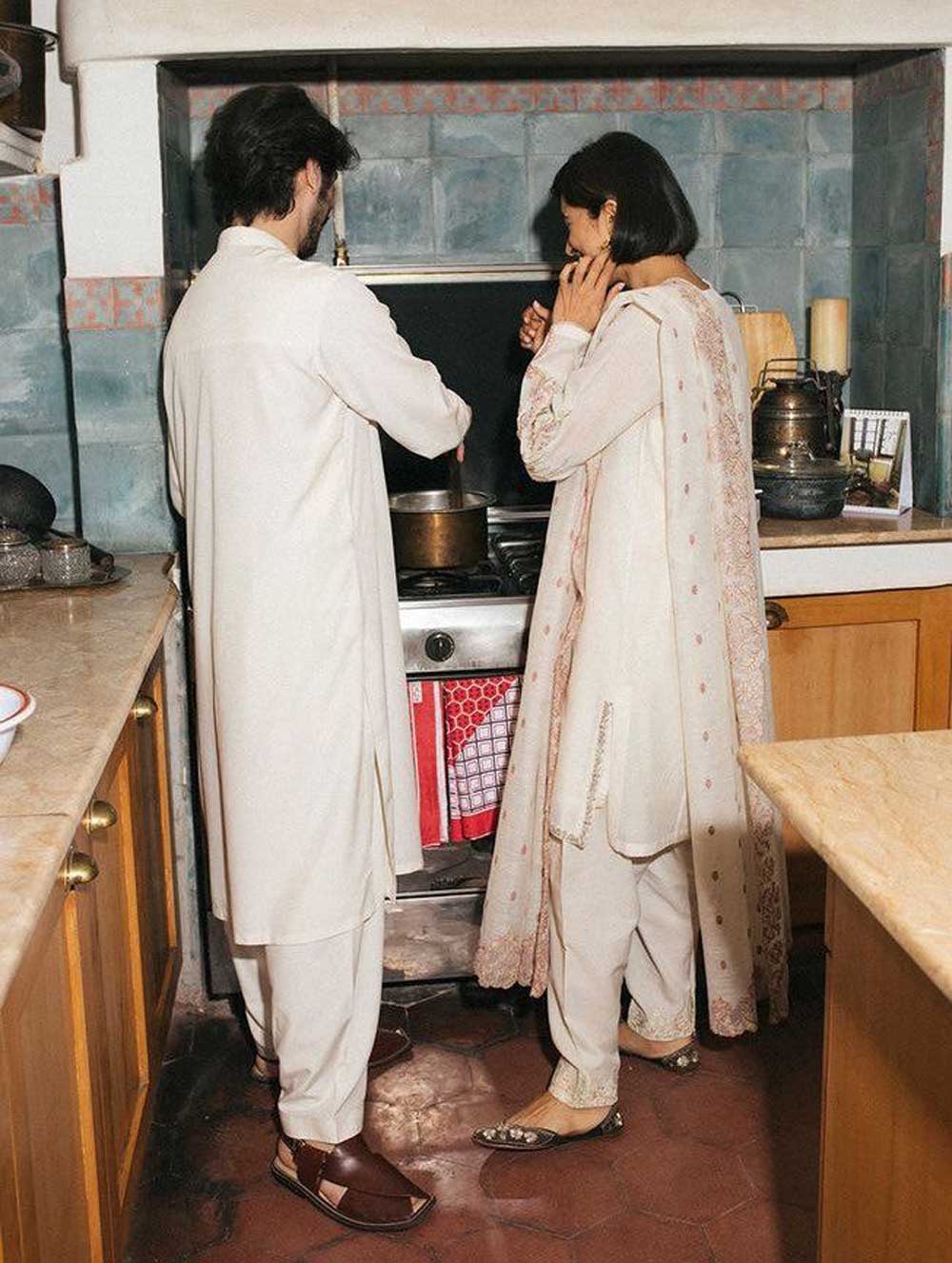Traditionally, caregiving in India has been viewed as a woman’s duty, deeply rooted in societal expectations and cultural norms. However, the narrative is shifting, particularly in urban settings where more men are stepping into caregiving roles. According to a recent survey by the Centre for Social Research, about 20 per cent of urban Indian men now actively participate in daily caregiving tasks such as childcare and eldercare.
These changes are not just statistics but real-life transformations that challenge long-standing stereotypes about masculinity and caregiving. Fathers, sons, and husbands are beginning to embrace caregiving with empathy and pride, proving that nurturing and caregiving are not limited to women.

Challenging Traditional Gender Roles
As societal norms evolve and dual-income households become more common, men are beginning to take active roles in nurturing, caregiving, and emotional labour. Whether it is fathers adjusting their work schedules to care for their children, sons staying back to look after aging parents, or husbands supporting their partners’ career aspirations by managing household duties, these men are redefining traditional roles.
Vishal Majithia and His Elderly Parents
Vishal, a software engineer based in Pune, decided to take a career break to care for his ailing father and aging mother. “It was a joint decision with my wife, she is an IRS officer and often needs to travel. Me taking a sabbatical staying back in Pune and looking for a job with flexible hours made more sense,” he said. “My mother made me realise that caregiving isn’t just a woman’s responsibility. My parents needed me, and I’m proud to be there for them.”
Puneet Ganguly, A Sound Engineer By Night And A Stay-At-Home Dad In The Morning
Puneet, made a conscious choice to quit his high-paying studio job to stay at home and care for his two young children when his wife received a major promotion. “I still freelance and I have always known that my wife is the ambitious one. Fatherhood isn’t just about earning for the family. It’s about being present and involved in their lives,” he explained. “Being there for my kids has given me a new perspective on parenting and relationships.”
Asif Syed , the Partner in Progress
When Priya, an entrepreneur from Hyderabad, started her business, her husband Asif took on more household responsibilities. “We split tasks equally,” Asif says. “This is not about helping; it’s about being a team. I want her to succeed just as much as she wants me to succeed.”

Why Men’s Role in Caregiving Matters
Dr. Anjali Sharma, a sociologist and gender studies expert, observes that these shifts are reflective of broader societal changes. “In India, caregiving has historically been a woman’s domain, but economic pressures, changing family structures, and evolving attitudes are breaking this norm. Men who step into these roles not only support their families but also redefine what it means to be a man.”
Redefining Masculinity
By embracing caregiving, men show that masculinity is not about dominance but about empathy, partnership, and shared responsibility.
Promoting Gender Equality
When men actively participate in caregiving, it reduces the burden on women, creating more equitable partnerships at home.
Nurturing Stronger Family Bonds
Children benefit immensely from the active involvement of fathers and male caregivers, leading to healthier family dynamics and deeper emotional connections.
Breaking Stereotypes Through Conversations
To normalise men as caregivers in Indian society, it is crucial to highlight their stories and successes. Media campaigns, educational programs, and workplace policies like paternity leave and flexible work arrangements can play a significant role in encouraging more men to take on caregiving responsibilities. The role of men as caregivers is pivotal in building equitable, empathetic, and thriving families in India. By stepping into these roles, men are not only challenging outdated stereotypes but also contributing to a more balanced and supportive society. These shifts in gender dynamics are essential for creating a future where caregiving is seen as a shared responsibility, enriching the lives of everyone involved.